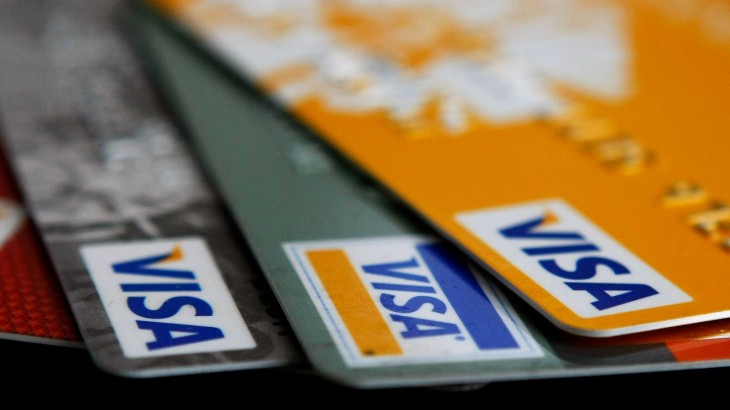So, you’ve saved up $10,000. Good work! That’s easier said than done these days.
The next thing you may be considering is; “what is the best thing I can do with my money?”
Of course, each person’s financial situation is different, so we’ve put together 4 of the most commonly asked questions to provide you with some easily applicable guidance that you can tailor to your own situation.
Question 1: “Should I pay down debt before investing?”
Answer: Yes, if it’s credit card debt.
While paying down debt is rarely a bad idea, that might not be the best idea in all cases. If your company offers an RRSP matching program you definitely don’t want to pass that up – when else do you get “free” money? Assuming you don’t work for a company with an RRSP matching program, then the next question you should ask is: do I have any high interest debt like credit cards? Look at all your credit card statements and see what the current interest rate is. Are you carrying balances on any? If so, is the interest rate greater than 10%? If the answer was yes, pay those off before considering investing, but hopefully your credit card(s) won’t need the full $10,000 in order to be paid off!
Question 2: I’ve paid off my credit cards, now can I invest?
Answer: Yes, unless you have any other debts.
Following credit card debt, the next debt to consider would be any loans or line of credit. Historically speaking, balanced portfolios (those containing stocks, bonds and cash) earn on average 8%. If you have any loans that cost 6-8% you may want to consider paying those down or off before investing. This will depend on your cash flow, comfort level with carrying debt and your employment situation. Once you’ve decided whether to make a payment on your debt or not we can talk about investing. The next thing most people consider is: RRSP or TFSA?
Question 3: OK. But what about my mortgage?
Answer: Maybe not, unless it’s keeping you up at night.
Given how low mortgage rates are at this time, it generally makes more sense to invest extra money before making extra payments on your mortgage. The only caveat I would put on that is if the size of your mortgage balance is keeping you up at night, then it might be a good idea in your case to prioritize paying down your mortgage over investing until the mortgage balance is at a more comfortable level.
Some people claim that real estate is always your best investment and suggest that you need to payoff your mortgage before investing. But historically speaking the return on owner-occupied real estate barely outpaces inflation and that is before factoring in property taxes, maintenance or strata fees, land transfer taxes, etc. Being real estate rich and cash poor is not a comfortable place to be, especially if you need cash in an emergency! Speaking of which, do you have an “emergency fund”? That is, if you lost your job next week, could you pay all your regular expenses for 3-6 months (mortgage/rent, transportation, food, clothing, etc.) without having to resort to carrying a credit card balance? If not, this should be your first priority with any of your savings.
Question 4: Where should I put my emergency savings?
Answer: A high interest savings account is best.
The best place to put an emergency fund is a high interest savings account held in a TFSA. Interest rates are pretty low for “high” interest savings accounts right now, but the most important factor to consider in where to put your emergency fund is liquidity and safety. It’s no good locking it in to earn a higher return if you can’t access it when you need it or if a decline in value is possible. TFSAs allow for complete flexibility in withdrawing tax free, unlike RRSPs.
Now that you’ve paid down debt and have an emergency fund you can look at investing. Next time we’ll look at how to use RRSPs effectively.
